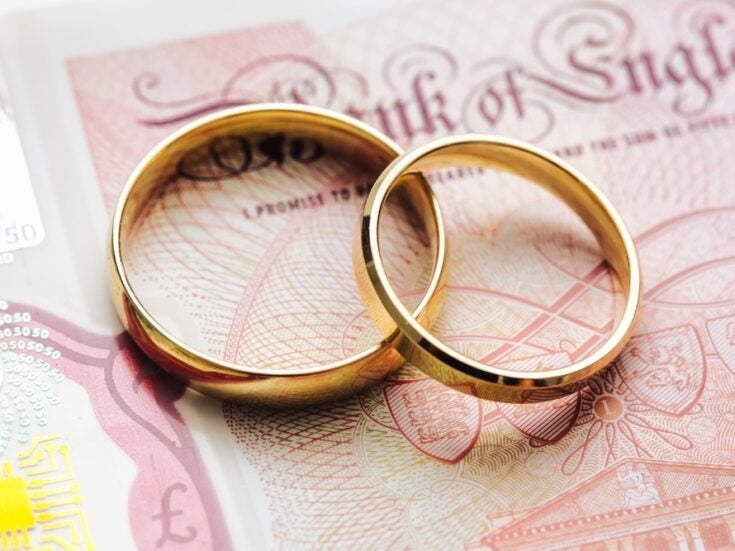
No Kowloon Honeymoon
When it comes to divorce Hong Kong style, says Sharon Ser, expect English law and English QCs — but Asian fast-and-furious litigation
AS THIS MAGAZINE went to press, the curtain rose on the biggest money divorce trial in Hong Kong ever, listed for four weeks. Unusually the case is being heard in open court and Marcus Dearle of Withers acts for the wife. Since Hong Kong has become an international forum, both husband and wife are represented by London QCs leading Hong Kong legal teams, as is the father of the husband, a third party litigant.
This case is but one of a run of big money divorces that have been in the pipeline and continue to flow through Hong Kong, which is in a region where there remain great wealth and many business opportunities.
Divorce law in Hong Kong is based largely on English law with some modification. In a society where, to a very large extent, the raison d’être has been capitalism, money — making money, keeping money in the family and stopping outsiders from getting their hands on it — is a matter of considerable importance.

In October 2010, the Court of Final Appeal in Hong Kong confirmed Hong Kong as the divorce capital of Asia. It followed London, the divorce capital of the West, by deciding that the big English test cases — starting with White v White and the principle of an equal division of assets — applied to Hong Kong. That decision came about after two test cases, DD v LKW and TMC v WLK. The Court of Final Appeal held that in Hong Kong, as international a city as London, there were no cultural reasons why homemaking should not be valued as highly as money-making.
The following month in ML v YJ, the Hong Kong Court of Final Appeal recognised a divorce granted in Shenzhen, in mainland China, where a couple had engaged in a bitter and energetic jurisdiction fight between Hong Kong and the PRC. There was strong opposition from some of the judges involved in the case, who said that to recognise the Shenzhen divorce was manifestly unjust and contrary to public policy. I represented the successful husband in that case, and the litigation was fast and furious — generally the way matters proceed in court in Asia.
The outcome led to the law being changed, which now enables the Hong Kong Court to order payment of financial awards to spouses even after a foreign divorce, in the same way that the English Court can, triggering another wave of international cases.
Although many divorces in Hong Kong are settled amicably, and we are committed here to alternative dispute resolution in the form of mediation, private financial dispute resolutions and even a fledging collaborative law movement, a significant number fight and the trials tend to be longer than in London.

Cartoon by George Leigh
Conduct is said not to be taken into account unless wholly inequitable to do so, but the behaviour of spouses during the marriage is often given greater importance in dividing assets than in London, which adds fuel to the flames. Enormous wealth comes from the mainland to Hong Kong, often with wives and children living in Hong Kong, and that’s sufficient to provide the substantial connection with Hong Kong to secure this jurisdiction as host to matrimonial proceedings.
The other growth area is prenuptial agreements, in which wealthy families want to protect their wealth from attack by an outsider joining the family. Where the couple have both mainland China and Hong Kong links, preparing an agreement which works in both jurisdictions is complicated. In the same way as the English system is different from the rest of Europe, so in mainland China their Civil Code has strong links to the German Civil Code. Without a marriage contract choosing separation of assets in mainland China, a clear 50:50 rule applies.
There are no signs that there will be a shortage of work any time soon for divorce lawyers in Hong Kong.
Sharon Ser is a partner at Withers in Hong Kong







